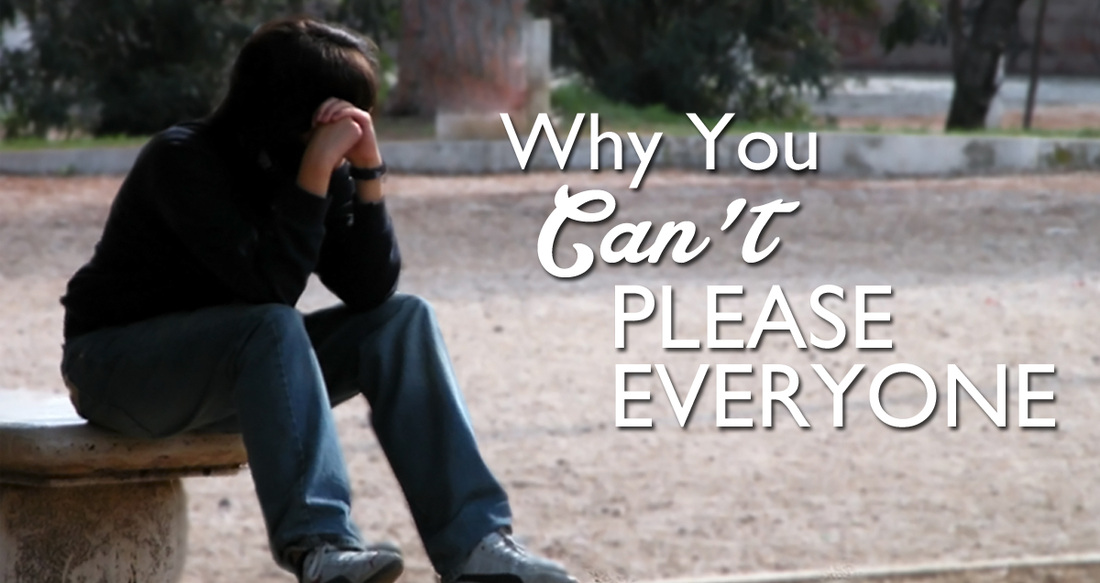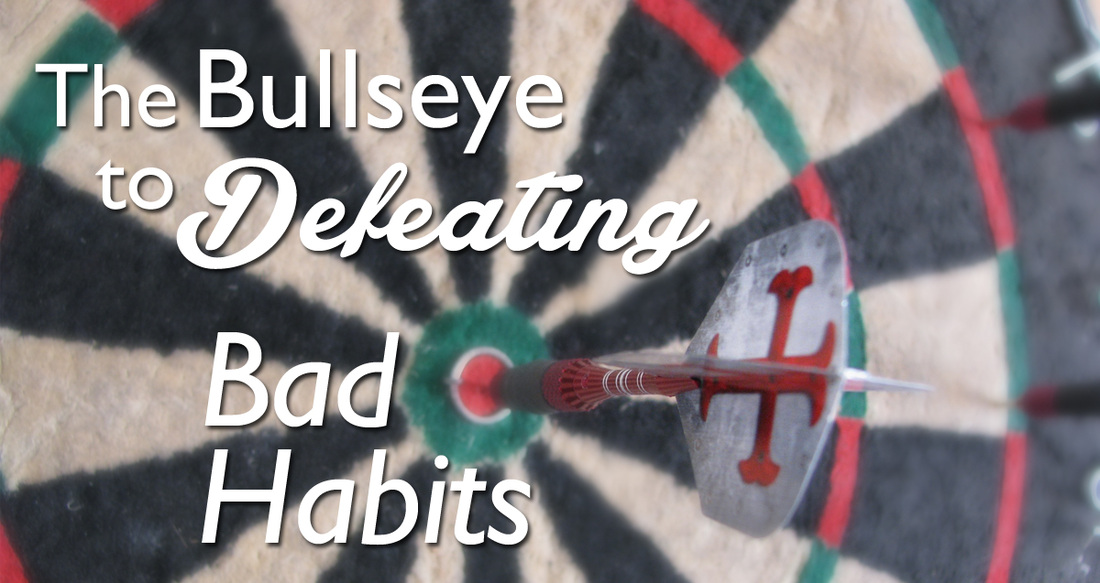|
by Tres Adames, M.Div. Everyone wants to be liked.
I wasn't a big of a fan of high school, primarily because of the pressure to fit in. While part of me didn't want to care what other kids thought, secretly inside, I really did care. It's this tyranny of approval that can haunt people for years. Young children only care about pleasing themselves, and maybe their parents as well. As they grow older, kids become more socially conscious especially when they hit adolescence. People-pleasing is unrealistic. The desire to be liked can become an obsession. Eventually, many grow out of it—others don't. The fantasy of being liked and approved by everyone is not realistic. Disappointing others is unavoidable at times. You will always fail someone—even when it's unintentional. What drives the desire to be liked? People-pleasing can result from a lot of things. Many times it can be attributed to:
The Apostle Paul took an unpopular stand. In the Book of Galatians, Paul dealt with social pressure when he was writing to the church at Galatia. There were leaders slipping into the congregation who were teaching others that they weren't true believers unless they held strictly to old laws and traditions. This angered Paul who clearly taught that salvation came by grace alone. He was stern in his response to the Galatian church and knew his reputation was at stake. He set aside his desire to be liked and took a stand for Christ. He didn't care if he came off brunt. He was concerned that people were being deceived. He writes: "Am I now trying to win the approval of men, or of God? Or am I trying to please men? If I were still trying to please men, I would not be a servant of Christ." (Galatians 1:10) Paul goes on to mention that he even had to confront Peter, the head leader of the early church, because he too was being swayed. Sometimes you have to displease others in order to please God. Jesus Himself was not always a popular figure. The very crowds that welcomed him with palm branches were the same throng that were calling for his crucifixion only days later. Seek integrity over popularity. It takes strength to remain true to yourself. This is what we call integrity. How can someone overcome people-pleasing? It takes time and maturity. Some things to keep in mind:
For more on improving self-image, see my other article: Is Self-Esteem Biblical? Subscribe to My Newsletter
2 Comments
When I was a kid I used to eat whatever I wanted. I loved fried food and anything loaded with sugar. As I got older, my choices began to catch up with me. I gained a lot of weight when I hit my twenties and I knew I had to change. I learned how to eat healthier and lost the weight I needed to lose. One thing that surprised me in the process was the fact that I was not only addicted to the taste of food, but to the emotional comfort it gave me. Why We Give into Bad Habits. A bad habit can be any addictive action we use to numb pain—maybe it's overeating, smoking, or drinking too much. The reason people get sucked into unhealthy patterns of behavior is because they are using it to numb emotional pain. Going Deeper.
Insecurity, fear, and shame lie at the root of all chronic addictions. Physical symptoms (such as being tired or hungry) bring root emotions more easily to the surface. Like a low tide, the bottom layers of the heart become exposed. No longer buried beneath the deep, these root emotions are much more tender and harder to ignore. Hitting the Bullseye. By identifying the underlying cause of pain, you can attack the addiction itself and shatter its illusion of comfort. Often, when we try to stop a bad habit, we focus on the action itself. We identify triggers and set boundaries so we don't repeat it. While this is a good start, it's much like throwing darts and only hitting the outer rings of the target. In order to win the game, you have to hit the bullseye. What is the bullseye? The underlying beliefs that keep you addicted. Changing deeply held beliefs takes time. You must continually replace old beliefs with new ones that are positive, realistic, redemptive, and hope-filled. This can be done in a variety of ways: through counseling, reading, journaling, joining a support group, and opening up to safe people. Finally, fostering an authentic relationship with God is where you will find lasting change. Recovery takes time, but it is well worth it when you finally find freedom. Subscribe to My Newsletter |
Article Topics
All
Archives
July 2023
|
We're ready to help. Let's begin.
Peoria LocationInside State Farm
9299 W Olive Ave Ste 212 Peoria AZ 85345 |
Phoenix LocationInside CrossRoads UMC
7901 N Central Ave Phoenix AZ 85020 |
About |
Services |
EducationPrograms
ACPE Spiritual Care Specialist Pastoral Counseling Apprenticeship Deconstruction Course Free Grief Training Contact |
We're ready to help. Let's begin.
© 2024 Prism Counseling & Coaching. All Rights Reserved.
Christian DISC® is a registered trademark of Prism Counseling & Coaching.
Christian DISC® is a registered trademark of Prism Counseling & Coaching.


